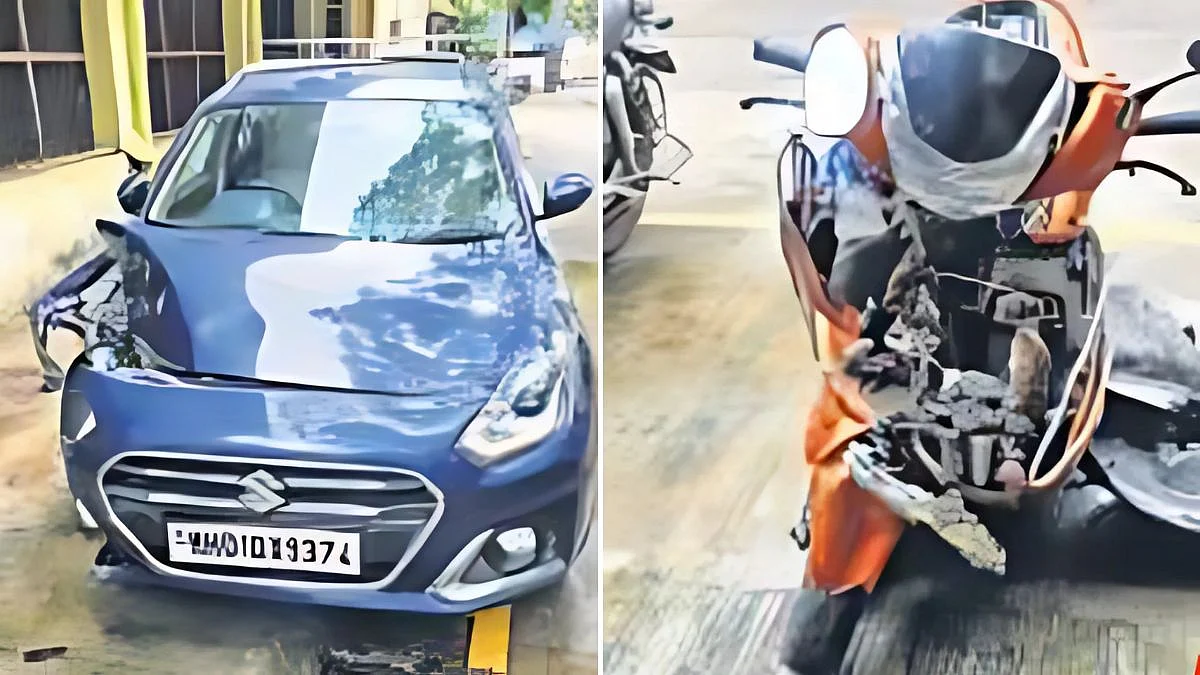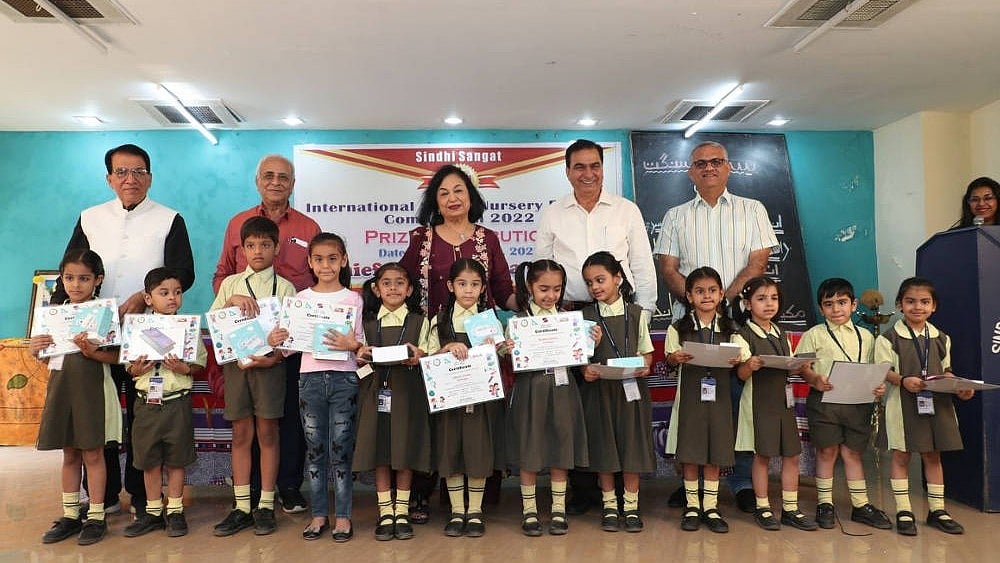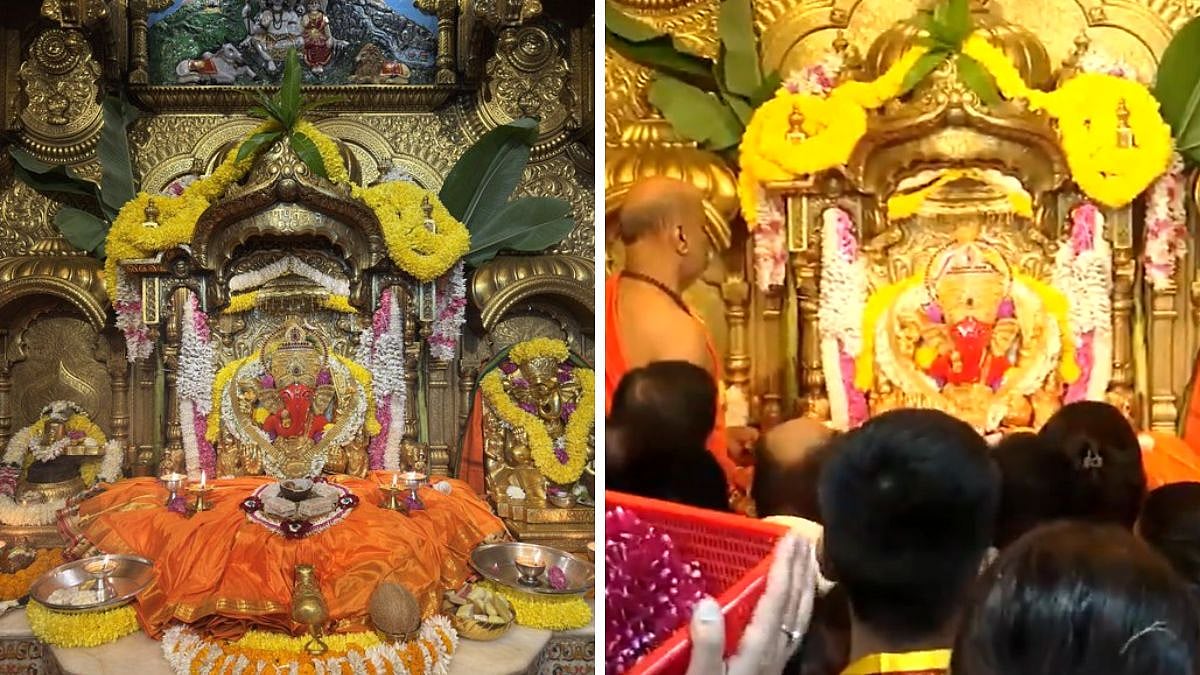Mumbai: Sindhi speakers are entrusting young children to preserve a language brought to India by their forefathers during the partition of the country.
The community is organising the '9th International Sindhi Nursery Rhymes Competition 2025' between July 15 and August 15. Participants can upload videos featuring themselves. The songs can be traditional ones that originated in their homeland, Sindh, or new rhymes they have created. The goal of this competition is to foster an appreciation for the Sindhi language and culture among young children between the ages of three and eight years, said Asha Chand, co-founder of Sindhi Sangat, a cultural and educational group promoting the event.
"By encouraging them to memorise and recite Sindhi nursery rhymes, we aim to instil correct Sindhi pronunciation and create a stronger connection with their mother tongue," said Chand
Sindhi is recognised in Schedule Eighth of the Constitution. However, the language is in decline as Sindhi speakers adopt local languages such as Hindi and Gujarati. The number of Sindhi-medium schools and newspapers has declined because families are switching over to the dominant languages in their areas.

"We are asking parents to at least speak to their children in their mother tongue. We are also asking schools with Sindhi-speaking children to encourage students to participate in the competition. We believe that your school's involvement will not only contribute to the success of the event but also strengthen the bond within the Sindhi community and nurture the love for our rich linguistic heritage," said Chand.
Barkha Khushalani from Mahim agrees that Sindhis face an uphill task in their campaign to preserve their language. "The process should begin at home and in schools. Unfortunately, we do not have a region in India that can support the preservation of the language," said Khushalani, who has encouraged her granddaughters to take part in the competition.
Another problem is the shortage of teachers in the language. Chand said that during a recent visit to schools in Ulhasnagar, where many Sindhi refugees settled after partition, she was told that parents are not interested in teaching Sindhi to their children because they say they do not know how to teach them.
"When I asked why not get a tutor, they answered that there are no teachers," Chand added. "The language we speak is a crucial aspect of our identity, and nurturing it from an early age is essential in preserving our cultural heritage." Sindhi Sangat recently added information about teachers and their phone numbers on its website to assist parents.
To encourage more children to participate in the contest, winners have been promised awards like computer tablets and certificates. "Such activities for Sindhi children will help. They require motivation through healthy competition. There is a tendency to run away from something forced on them at home or school. However, if it is the form of a challenge, they are interested," said Raju Manwani of the Vishwa Sindhi Hindu Federation.







